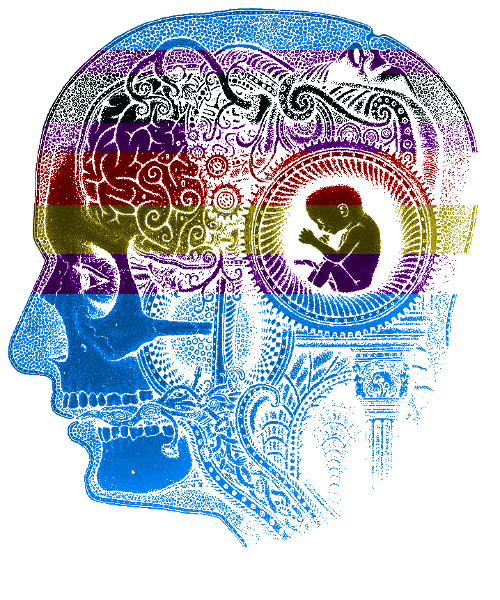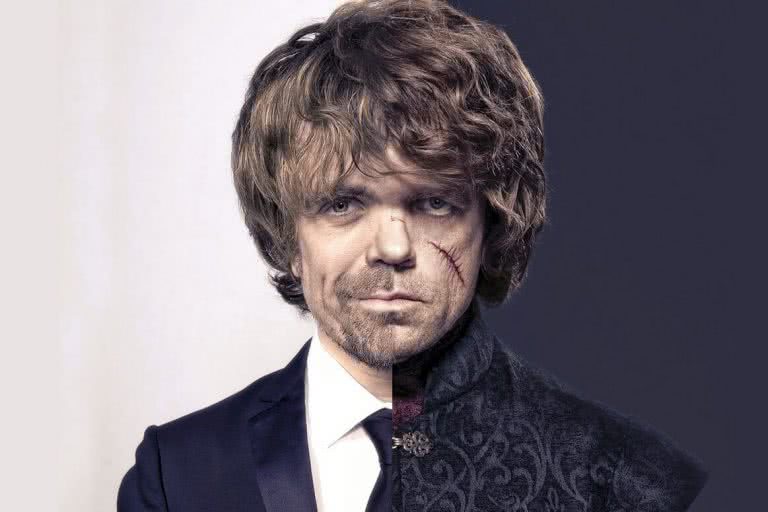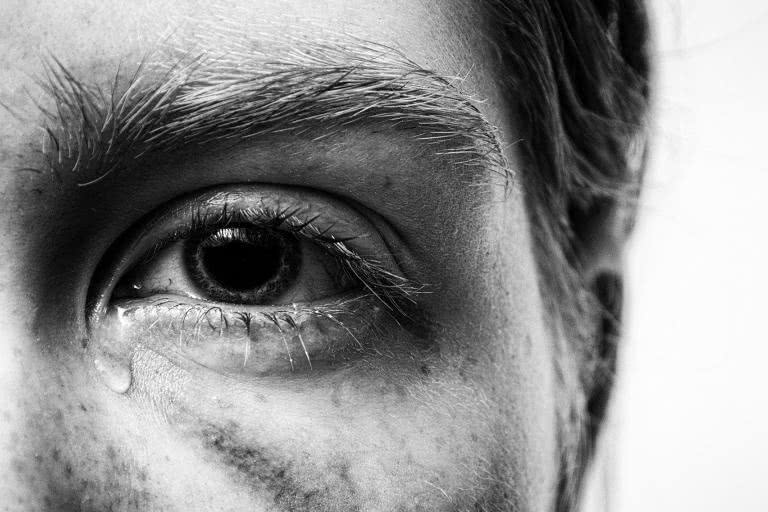A person’s mental health is defined as their overall psychological well-being, which includes their emotional, social, and cognitive abilities. Mental health can be good or bad, and it is influenced by a variety of factors such as genetics, environment, lifestyle, and past experiences. Individuals with good mental health can live a fulfilling life, maintain positive relationships, and deal with life’s challenges. Poor mental health, on the other hand, can lead to a variety of mental health disorders such as depression, anxiety, bipolar disorder, and schizophrenia, among others.
Physical and mental health are equally important.
The mental health of a person can have a significant impact on their physical health, and vice versa. Stress and anxiety, for example, can result in physical health issues such as high blood pressure, heart disease, and digestive problems. Similarly, physical health issues can have an impact on a person’s mental health, causing depression, anxiety, and other mental health disorders.
Engaging in regular physical exercise, getting enough sleep, eating a balanced diet, reducing stress, seeking support from friends and family, and seeking professional help if necessary are all ways to promote good mental health. Counseling, medication, and other forms of treatment can be provided by mental health professionals such as therapists, counsellors, and psychiatrists to assist individuals in managing mental health disorders.













